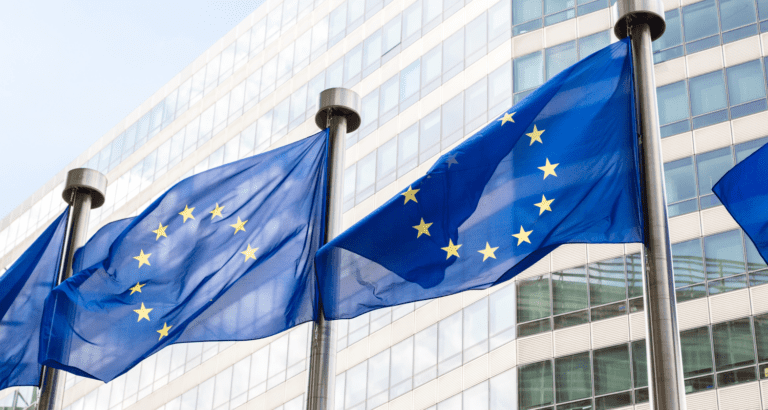Gaia-X, an EU initiative, is collaborating with Vereign and DAASI International to develop ‘Self-sovereign Identity’ (SSI) technology. Users of SSI technology receive a ‘wallet’ in which their personal data is stored. Any processing of personal data is recorded in a blockchain.
The concept is strikingly similar to Web3. Gavin Wood, the co-founder of Ethereum, first used the term in 2014. Web3 is a vision of the future of the Internet. Blockchain technology and decentralized data are central to the idea. That’s exactly what Gaia-X, Vereign and DAASI International are working on.
Gaia-X was founded in 2018 by the French government, German government and several major technology companies, including Siemens, SAP and Atos. The goal of Gaia-X is to develop technology that makes the European Union less dependent on US organizations.
To achieve that goal, Gaia-X invites developers to realize innovative projects. Today, open source developers Vereign and DAASI International announced that they will be developing three Gaia-X projects concerning ‘Self-sovereign Identity’ technology (SSI).
European blockchains
SSI technology aims to revamp the way in which services uphold privacy. Users of the three final technologies receive a ‘wallet’ in which all their personal data is stored. They determine what happens to the wallet. Should a user approve the processing of personal data, every step is recorded and presented in a blockchain.
This makes it impossible for personal data to be processed behind the scenes. The actions of a service can be traced in a blockchain, which functions as a public register. Vereign, DAASI International and Gaia-X are currently discussing the projects’ details. According to the organizations, the first code will be written before the end of February 2022. The team aims to complete the source code for each project within six months. The results will be published via GitLab.
Tip: Google CEO on Web3 – ‘we want to support it as much as we can’
